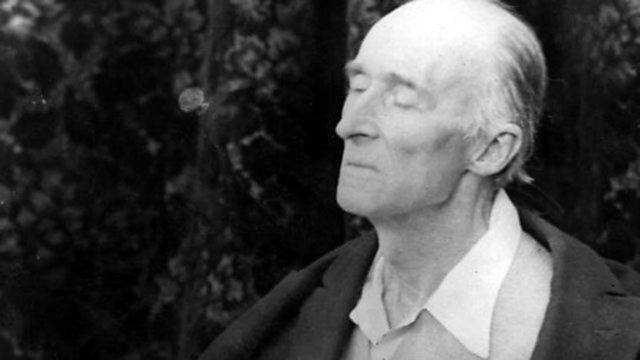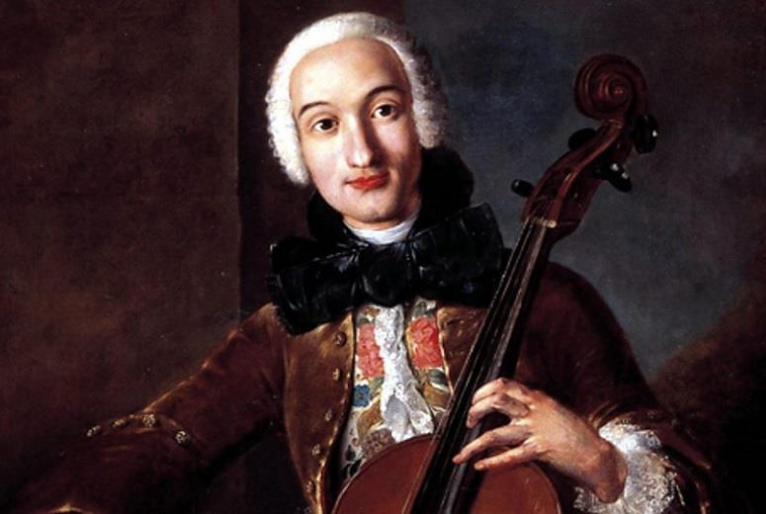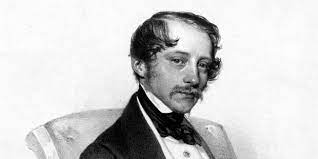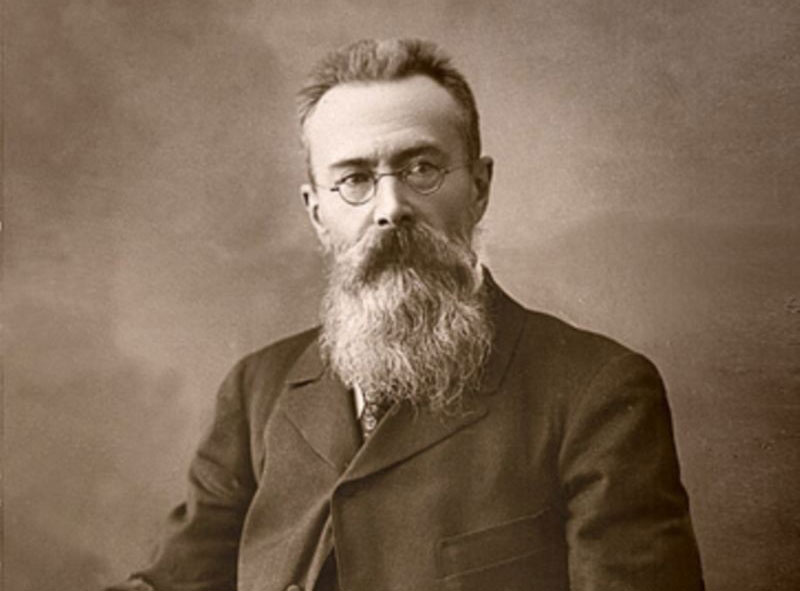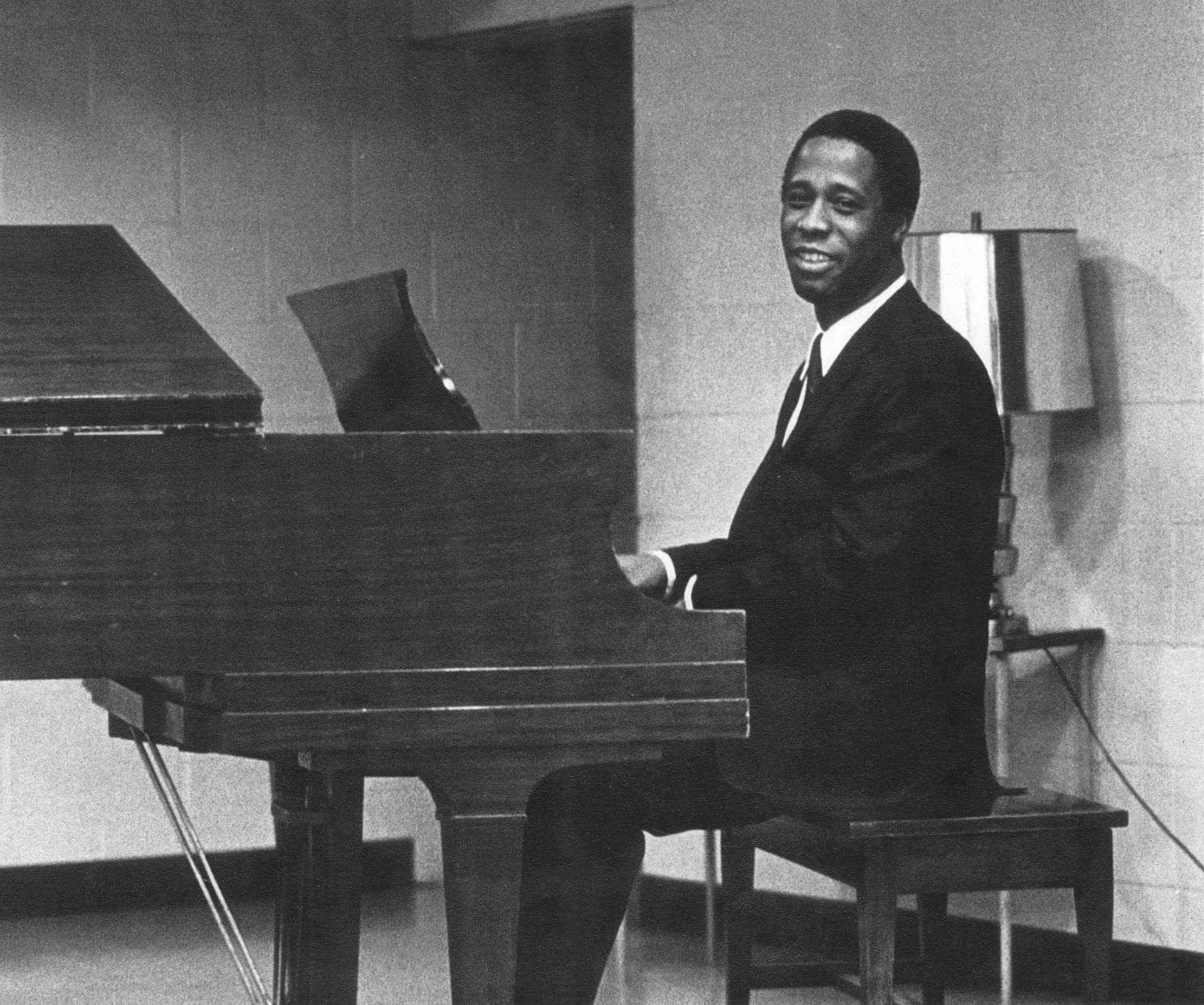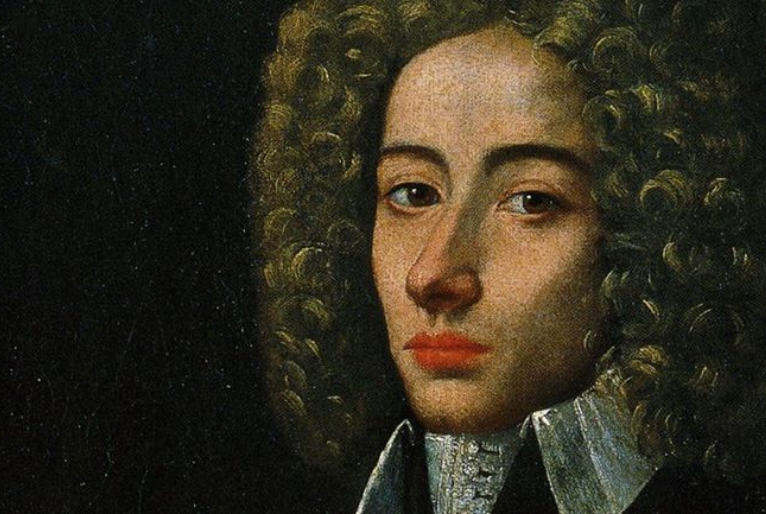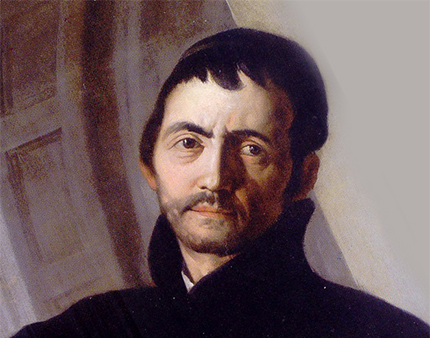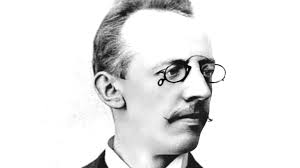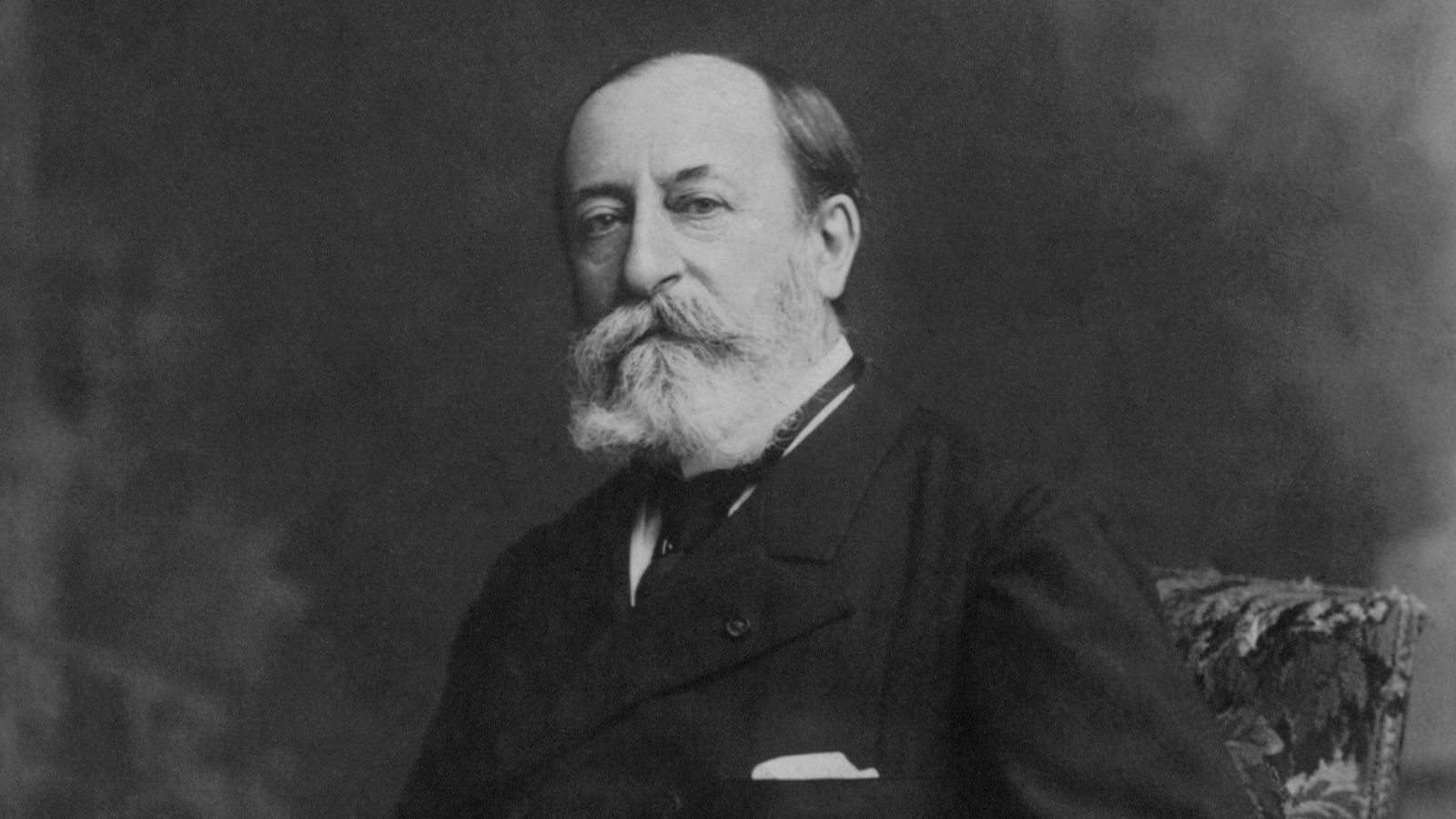Frederick Delius, a luminary of late Romanticism in classical music, was born on January 29, 1862, in Bradford, Yorkshire, England. His life story is as intriguing as his music, characterized by a relentless pursuit of artistic freedom and a deep connection to nature.
Delius was born into a prosperous mercantile family, but his passion lay in music, much to his parents' dismay. Despite their hopes for him to join the family business, Delius left for Florida in the United States at the age of 22 to manage an orange plantation. However, his time there was more dedicated to music than agriculture. He absorbed the sounds of African American music and the ambiance of the lush landscape, which would later influence his compositions profoundly.
Luigi Boccherini, an Italian composer and cellist of the Classical era, left an indelible mark on the musical landscape of his time with his innovative compositions and virtuosic performances. Born on February 19, 1743, in Lucca, Italy, Boccherini displayed an early aptitude for music, learning the cello from his father, a double bass player and composer.
In his youth, Boccherini honed his skills as a cellist and composer, eventually garnering attention for his remarkable talent. He traveled extensively throughout Europe, showcasing his prowess as a performer and gaining recognition as a composer of exceptional ability.
Otto Nicolai, a luminary in the realm of 19th-century music, was born on June 9, 1810, in Königsberg, Prussia (now Kaliningrad, Russia). His life's narrative weaves a tale of artistic fervor, entrepreneurial spirit, and profound musical innovation.
From an early age, Nicolai exhibited an exceptional aptitude for music, mastering various instruments and demonstrating a keen ear for composition. His musical education began under the tutelage of his father, Carl Ernst Daniel Nicolai, a musician and composer himself. Under paternal guidance, Otto delved into the intricacies of harmony, counterpoint, and orchestration, laying the groundwork for his future endeavors.
Nikolai Rimsky-Korsakov was a prominent figure in Russian classical music, known for his colorful orchestrations and vivid compositions. Here are 10 fascinating facts about this remarkable composer:
1 - Musical Prodigy: Nikolai Rimsky-Korsakov was born on March 18, 1844, in Tikhvin, Russia. He displayed exceptional musical talent from a young age, showing proficiency in piano and composition by his teenage years.
2 - Naval Officer Turned Composer: Despite his early musical inclinations, Rimsky-Korsakov initially pursued a career in the Russian Imperial Navy. He served as a naval officer for several years before fully dedicating himself to music.
Scott Joplin, often dubbed the "King of Ragtime," was a pioneering American composer and pianist whose innovative compositions forever changed the landscape of American music. Born sometime between 1867 and 1868 in Northeast Texas, the exact date of Joplin's birth remains uncertain due to a lack of official records. Raised in a musical family of former slaves, Joplin showed early promise as a musician, learning to play the piano at a young age.
Despite facing numerous challenges as an African American during the post-Civil War era, Joplin's passion for music persevered. He honed his skills by studying music theory and composition, eventually venturing out to perform in various clubs and saloons across the Midwest. It was during these formative years that Joplin began experimenting with a syncopated style of music known as ragtime, blending elements of African rhythms with European musical traditions.
Giovanni Battista Pergolesi, one of the most renowned composers of the Baroque era, was born on January 4, 1710, in Jesi, Italy. Despite his short life, Pergolesi's musical legacy continues to captivate audiences centuries later.
From an early age, Pergolesi exhibited prodigious musical talent, receiving his initial training in music from his father and later studying at the Conservatorio dei Poveri di Gesù Cristo in Naples. It was in Naples where Pergolesi honed his skills and developed a deep understanding of the operatic and sacred music forms that would come to define his career.
Franz Liszt, a towering figure in the realm of classical music, was born on October 22, 1811, in Raiding, Hungary (now part of Austria). His life was a symphony of talent, passion, and innovation, leaving an indelible mark on the world of music.
From an early age, Liszt showed prodigious musical abilities. He began piano lessons with his father at the age of six and gave his first public performance at the age of nine. Recognizing his son's exceptional talent, Liszt's father sought out professional tutelage for him, taking him to Vienna to study with Carl Czerny and Antonio Salieri. By his teenage years, Liszt had already established himself as a virtuoso pianist, captivating audiences across Europe with his extraordinary skill and electrifying performances.
Vítězslav Novák stands as one of the most significant figures in Czech music, his compositions embodying the rich tapestry of his homeland's cultural and musical heritage. Born on December 5, 1870, in Kamenice nad Lipou, Novák's life unfolded against the backdrop of the late 19th and early 20th centuries, marked by political upheavals, artistic revolutions, and a relentless pursuit of musical innovation.
Novák's musical journey began at an early age, displaying a remarkable talent for the piano and composition. His early education at the Prague Conservatory laid the foundation for his future endeavors, where he studied under the tutelage of esteemed composers such as Antonín Dvořák and Josef Suk. Under their guidance, Novák honed his skills and developed a deep appreciation for the folk music traditions of his homeland, which would later influence his compositional style.
1 - Musical Prodigy: Born on October 9, 1835, in Paris, France, Camille Saint-Saëns displayed remarkable musical talent from an early age. He started playing the piano at the age of two and composed his first piece at just three years old.
2 - Prolific Composer: Saint-Saëns was an incredibly prolific composer, leaving behind a vast body of work across various genres. His compositions include symphonies, operas, concertos, chamber music, and works for solo piano and organ.
